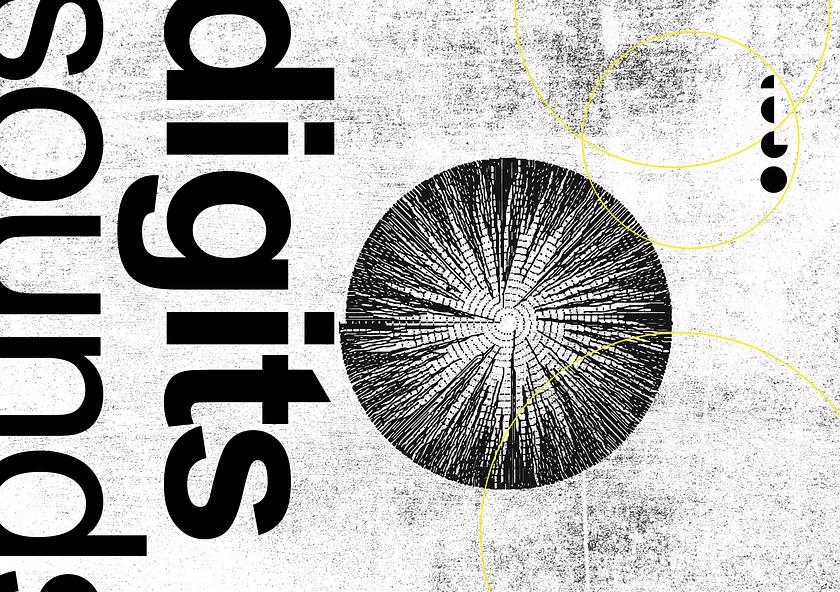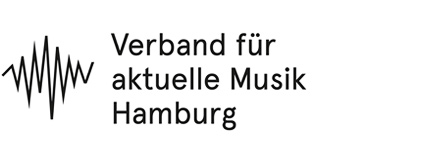Fr, 05.07.2024, 10:45 Uhr
Digits and Sounds: Celebrating Clarence Barlow - Symposium and Concert on the Life and Legacy of a Pioneer in Computer Music

Clarence Barlow was a leading protagonist of algorithmic composition and a pioneer in the use of computers in musical composition and related fields. His wide-ranging oeuvre as a composer, interdisciplinary researcher, author and software developer offers the opportunity to examine various facets of his musical and theoretical work. Instrumental and electronic works from various creative phases will be performed in two concerts. Two symposia are dedicated to a range of artistic and academic aspects of Barlow’s work and offer personal insights into Barlow’s life and teaching. In Cologne, the focus is on structural and semantic levels from a linguistic and musicological perspective. It also deals with interpretative challenges in Barlow’s works. In Hamburg, the focus is on sonic, music-theoretical and compositional aspects. Barlow passed away in June 2023 at age 77. He was noted for his pioneering work in computer music and computational music theory. He also laid the ground for musical conceptionalism and his own direction of spectralism. His exceptional humor (which included countless variations of his own name) was deeply rooted in his heightened sense for language and semantic ambiguity. Born in Calcutta on December 27, 1945, into a Catholic and English-speaking enclave, he was educated in Western classical music, and didn’t have any exposure to Indian classical music traditions before age 18. Trained as a pianist, Barlow started composing at age 11, discovering contemporary music at age 15 through the offerings of the local Goethe institute. With a knack for mathematics and astrophysics, he obtained a bachelor’s degree in natural science but also taught music theory at the Calcutta Conservatory until, in 1968, he moved to Cologne, Germany to study with Bernd Alois Zimmermann and, after his teacher’s death in 1970, with Karlheinz Stockhausen. Clarence Barlow taught at the Darmstadt Summer Courses from 1982. He also taught computer music at the Cologne University of Music from 1984 and, from 1990, held several positions at the Royal Conservatoire in The Hague. From 2006 to 2019, he was Corwin Professor and Head of Composition at the University of California, Santa Barbara. Barlow began composing with computers in 1971 and developed complex software for algorithmic composition and music analysis. He has created around 70 instrumental and vocal works and around 35 electronic, electro-acoustic and multimedia works. His artistic work is accompanied by numerous text and book publications as author and editor. Barlow was a member of the Cologne-based Feedback Studio Verlag and co-founder of the Initiative Musik und Informatik Köln – GIMIK e.V. For the Hamburg event please register at: agentur@ligeti-zentrum.de 10:45 – 11:00 Welcome 11:00 – 11:30 Presentation 1 – Georg Hajdu: Learning from the Master 11:30 – 12:00 Presentation 2 – Richard Barrett: The Journey Continues: Bus Journey to Parametron as a point of departure 12:00 – 12:15 Short Break 12:15 – 12:45 Presentation 3 – Marc Sabat: Comparing Relative Harmonicities of Pitch Sets Using Harmonic Radius 12:45 – 13:15 Presentation 4 – Lucie Nezri: Für Simon Jonassohn-Stein, for Orgelpark 13:15 – 14:15 Lunch Break 14:15 – 14:45 Presentation 5 – Bernd Härpfer: Building on Barlow's Quantification Methods: an extended indispensability 14:45 – 15:15 Presentation 6 – Juan Sebastian Lach Lau: Gateways in Time and Space: on some derivative music works by Clarence Barlow 15:30 – 16:00 Presentation 7 – Tom Poller: Revisiting the Nile in July (40 Years Later) 16:00 - 16:30 Presentation 8 – Purva Gujar: Porting Bhatkhande's Hindustani Sangeet Paddhati to Western Staff Notation 17:00 – 18:00 Round Table 19:00 - 20:00 Concert



